Introduction
Are you wondering, “How much exactly does mobile hybrid app development cost?”
Well, look no further, this guide will answer your questions and help you clear everything regarding hybrid app development costs.
Hybrid apps are built using a single codebase that works on several platforms, thus considered to be an affordable and efficient option by businesses when compared to native apps.
Hybrid app development is turning the tide for the technological world since it is the best mix of superior performance and less cost.
However, once you decide to hire a hybrid app development company, you need to know what actually determines the cost in its entirety.
There are various factors, and that is why you would not find just one standard answer.
Let us give you a little overview of estimated hybrid app development costs according to complexity.
- The revenue generated from mobile apps in 2024 was $935 billion.
- The app stores contain about 5.7 million apps, with a good percentage of them hybrid and cross-platform.
Those have to be enormous reasons to prove how hybrid apps can steal the show in today’s digital scenarios.
Be it a start-up or an established business, hybrid app development can really work wonders for your growth strategies.
To give you a quick idea of what we have in store for you, here’s a sneak peek into hybrid app development cost estimates according to complexity levels:
- Simple Hybrid App Development: 10,000 to 50,000+
- Medium Hybrid App Development: 30,000 to 100,000+
- Complex Hybrid App Development: 50,000 to 200,000+
Want to know more? Just keep reading!
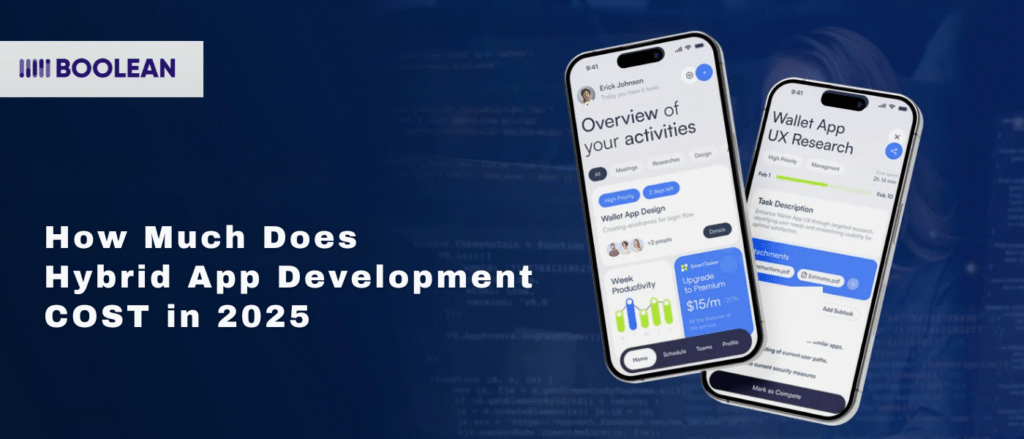
In this blog, we will raise the veil on hybrid app development cost: what factors influence the pricing, the benefits of hybrid apps, and how to choose the right hybrid app development services for your business.
Understanding the Hybrid Mobile App Development Cost
The cost of hybrid app development is not easy to determine by any means. Many aspects influence its final price tag.
Although you may either hire a hybrid app developer or look for a hybrid app development company, it is much more vital to understand the factors that affect your budget before proceeding with those decisions.
The following are some of the most significant ones:
- Your App Idea: The complexity and uniqueness of your app concept play a major role.
- Target Audience: The platforms of your target (iOS, Android, or both), and the demographics of your audience affect the pricing.
- Features and Functionalities: Advanced features such as AI, AR/VR, or real-time synchronization will explicitly increase the cost of development.
- UI/UX Design: A good-looking, user-friendly design needs more time & expertise, thus increasing costs.
- Location and Experience: The region of the hybrid mobile app development company chosen, and the level of experience they bring with them, does affect the rates charged by them.
- Post-Launch Support and Maintenance: Continuous updates, bug fixing, and technical support are essentially needed, which will have an additional cost.
To give you a clearer picture, here’s an approximate breakdown of hybrid app development costs based on app complexity:
| App Type | Estimated Cost | Timeframe |
| Simple Hybrid App | 10,000 to 50,000+ | 1-3 Months |
| Medium Hybrid App | 30,000 to 100,000+ | 3-6 Months |
| Complex Hybrid App | 50,000 to 200,000+ | 6-12 Months |
Why Businesses Prefer Hybrid App Development
The major factor for businesses moving toward hybrid app development is better utilization of funds.
Native applications, which are usually costly as they have separate code bases for each, will not encourage a ratio of investment to return with hybrid apps.
A hybrid model of mobile app development would call for the developers to write the program once and deploy the code–thus saving time, effort, and money–so that the program runs on all destinations.
For example, the development of two separate native apps might cost you between $150,000 and $300,000.
On the other hand, developing a hybrid app would provide the same solution for a minimal cost. Thus hybrid mobile apps are a preferred choice when businesses need to extend their returns without lowering quality.
A truly robust and data-based hybrid app can cost you anything between $20,000 and $40,000, depending upon your specifications.
Nevertheless, the rates can go higher between $50,000 and $300,000 depending on the complexities and scale of the project if you are procuring the services of a high-end hybrid app development company in USA or some other regions.
The next section will provide a further understanding of the benefits of hybrid app development with some reasons why they are being favored in businesses around the world.
Stay with us!
Benefits of Hybrid App Development: Why It’s a Smart Choice
Hybrid app development features an array of advantages, which is why it’s become a favorite among businesses.
Key benefits include:
- Cost-Effective Development
Hybrid apps go for a single code for various platforms and thus are far less costly to develop than native ones. Hence, these are cost-effective options for businesses.
- Faster Time-to-Market
By using a single codebase, hybrid applications can be developed and published much faster than native ones, hence bringing your idea to the audience much quicker.
- Cross-Platform Compatibility
Hybrid applications run smoothly on both iOS and Android, giving you a wider reach without platform-dependent development.
- Easy Maintenance and Updates
Because of the single codebase, maintaining and fixing bugs proves easy and saves time, bringing down the hybrid app development services.
- Access to Native Features
Access to native features Modern frameworks like React Native and Flutter provide hybrid apps with access to native features present in devices like GPS, camera, and push notifications.
- Scalability and Flexibility
Highly scalable, hybrid apps are an excellent choice for businesses planning to grow or incorporate new features down the road.
- Simplified Development Process
Tools and frameworks such as Ionic and Flutter make development much simpler, meaning there are easier roads to creating high-quality applications for developers. A hybrid app development tutorial is a great way for beginners to get started quickly.
- Wide Range of Frameworks and Tools
Frameworks like React Native, Flutter, and Ionic offer some already-built components and libraries to speed up development while ensuring a very robust performance.
- Enhanced User Experience
Hybrid app development technologies have advanced to the point where it has closed a gap between a hybrid and a unique app that is unbelievably smoother in animations, fast in load times, and responsive in designs.
- Ideal for MVP Development
Hybrid apps can be created instead for MVPs to test their app ideas with minimal investment before going big.
Why Choose Hybrid App Development?
Hybrid app development is practical and effective in terms of available resources and the assurance these apps will equally deliver quality.
Be it the hybrid app development technologies or the best hybrid app development framework, the benefits are just impressive.
Partner with a professional hybrid app development company to develop an app that meets your business goals and users’ needs.
Further, we will elaborate on the best frameworks for hybrid app development and how to choose one that fits your project.
Best Frameworks for Hybrid App Development
Choosing the correct framework for building hybrid apps is essential in ensuring that the hybrid app succeeds. The best frameworks not only ease the work of developing but also guarantee high efficiency, scalability, and a user experience that is seamless.
Below are the top frameworks according to us for hybrid app development, with insights concerning cross-platform vs hybrid app development and native vs hybrid app.
Read Also: Flutter vs React Native vs Xamarin: Which One is the Best for Cross-Platform App Development?
- React Native
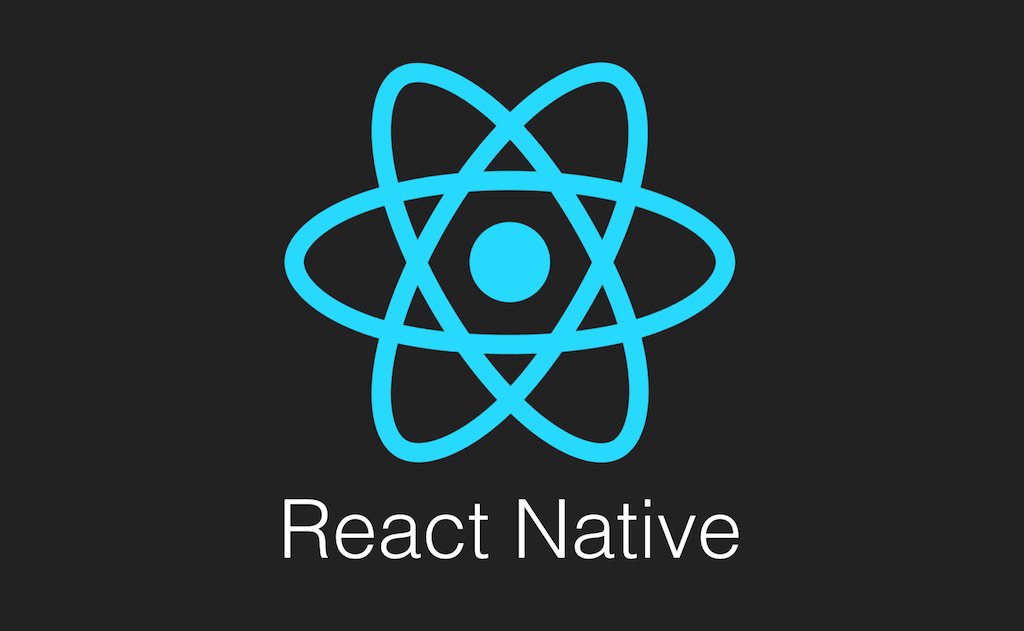
Why It Is Popular: React Native, developed by Facebook, is among the most common frameworks for hybrid app development. It’s an application development tool that permits developers to develop applications via JavaScript, providing almost a native feel.
Best Suited For: An app that is required to feel as close to the native experience as possible and thus has reusable components.
Key Features:
- Hot reloading for quicker development.
- Access to native APIs and third-party plugins.
- Strong community support and documentation.
- Flutter

Why It Is Famous: Flutter is a Google product that boasts a rapid cycle between the development stage and expressive UI components. It embraces the Dart program language and is great when one needs to develop programs that look good.
Best Suited For: Apps with complex animations and custom designs.
Key Features:
- One codebase for iOS, Android, and web.
- Great library of rich widgets to create wallpaper for UIs.
- High speed, as it uses its rendering engine.
- Ionic
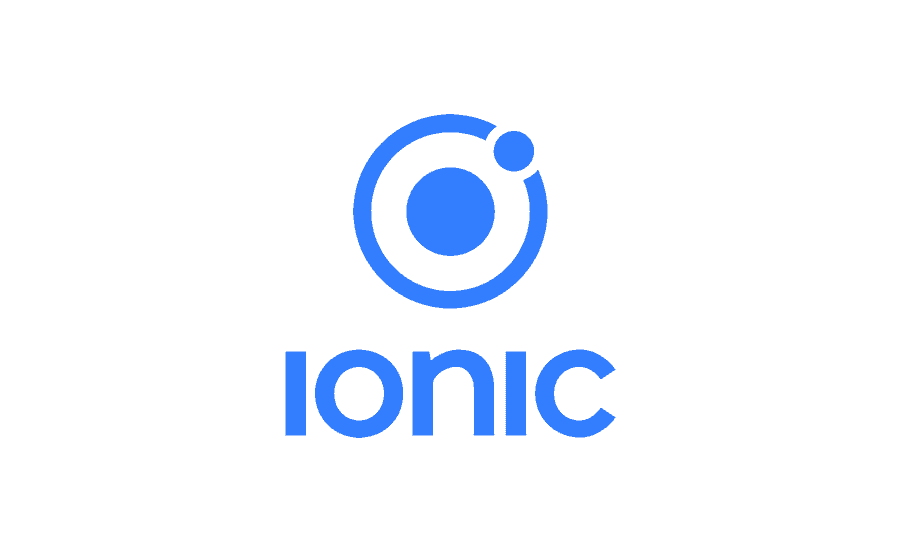
Why It Is Popular: This powerful open-source framework that uses web technologies such as HTML and JavaScript makes it a very promising career for web developers who are into mobile application development.
Best Suited for: Lightweight hybrid applications and Progressive Web Apps (PWAs).
Key Features:
- Works with Angular, React, or Vue.js.
- Pre-configured UI components that developers can drop into applications.
- Huge library of plugins with native features.
- Xamarin
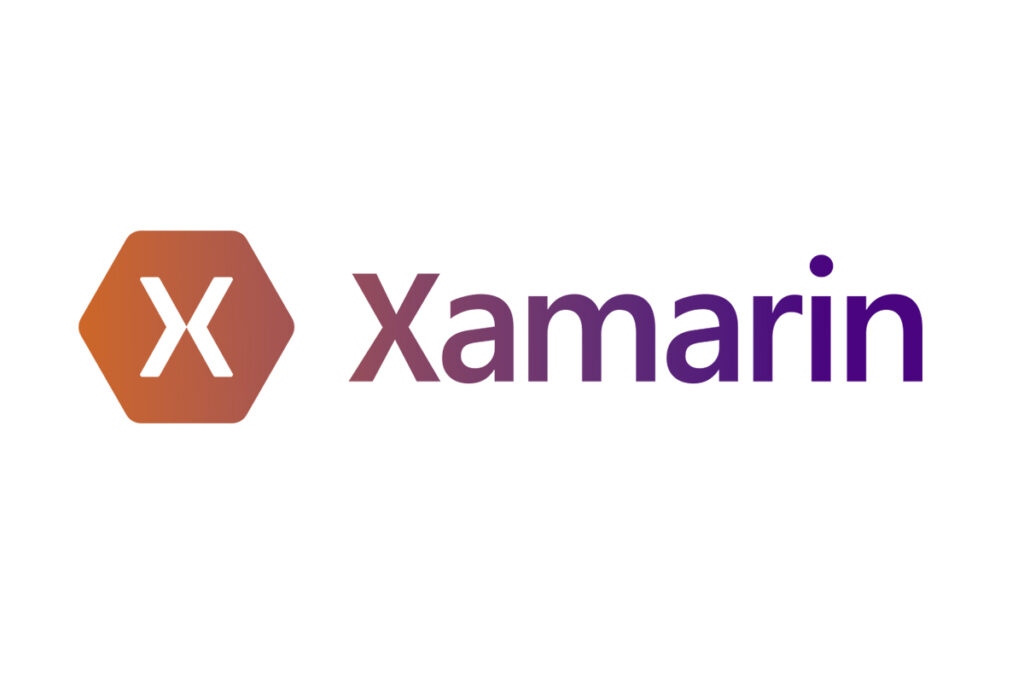
Why It Is Popular: Owned by Microsoft, Xamarin is C# and .NET, compiles to run across devices to build cross-platform applications. This will therefore serve all lessons. NET is already in place.
Best for: Enterprise Level Applications with Code Base Shared.
Key Features:
- Performance close to native using code that is shared.
- Built experience with tools from Microsoft.
- Solid support for backend development.
- Apache Cordova (PhoneGap)
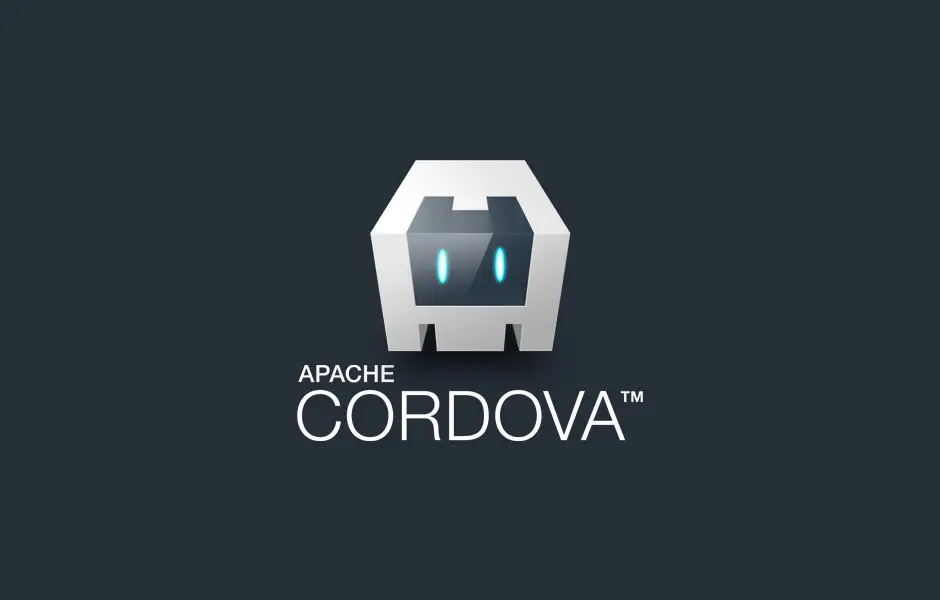
Why It Is Popular: Cordova is one of the oldest frameworks for hybrid mobile apps. It also has support for web technologies and gives access to the device’s native features using plugins.
Best For: Very simple apps that have a basic set of functions.
Key Features:
- Easy for a web developer to learn.
- Huge plugin ecosystem for native features.
- Minimal amount for small projects.
Cross Platform vs Hybrid App Development: What’s the Difference?
- Cross-Platform: The cross-platform apps are built on a framework such as Flutter or React Native, which will compile the code into native components. Thus, it offers near-native performance. These apps are also considered a subclass of hybrid apps.
- Hybrid: These apps have been web apps wrapped in a native shell. These utilize the hottest web technologies (HTML, CSS, JavaScript) and work with a framework like Ionic or Cordova to run across platforms.
Both approaches have their pros and cons; however, hybrid app development is chosen more often for its cost-effectiveness and faster development cycle.
Native vs Hybrid App: Which is Better?
The debate between native vs hybrid app development depends on your project requirements:
| Aspect | Native Apps | Hybrid Apps |
| Performance | High performance, optimized for specific platforms. | Slightly lower performance but improving with frameworks like Flutter and React Native. |
| Development Cost | Higher due to separate codebases for iOS and Android. | Lower due to a single codebase for multiple platforms. |
| Time-to-Market | Longer development time. | Faster development and deployment. |
| User Experience | Superior, platform-specific UI/UX. | Near-native experience with modern frameworks. |
| Maintenance | Requires separate updates for each platform. | Easier to maintain with a single codebase. |
Hybrid development is great when companies need to consider costs, performance, or speed, but if your app is graphic-intensive or needs platform-specific features, go for native development.
Choosing the Best Technology for Hybrid App Development
When determining which technology to use for hybrid app development, some considerations are:
- Project Requirements: Does your app require advanced animation, real-time features, or offline capability?
- Developer Expertise: Do your developers have knowledge about JavaScript, Dart, or C#?
- Budget and Timeline: Do you want an inexpensive solution that can be delivered to the market in a shorter time frame?
Flutter, React Native, and Ionic, the hot frameworks for hybrid app development, have come closest to providing a magnificent sweet spot of performance, flexibility, and ease of use.
How to Hire the Right Hybrid App Development Company
The following steps will equip you with the necessary information to hire the right hybrid app development company after a thorough investigation of your project.
- Define Your Project Requirements
Define very clearly the goals that you want your hybrid app to achieve, its target audience, and the features you want to implement before searching for a hybrid app development company. Ask:
- What does the app intend to do?
- Who is your target audience?
- Which platform do you want your application to be available in: iOS, Android, or both?
- What is your budget and timeline?
The clearer your idea, the better you will be able to articulate your needs and potential partners and judge them against these needs.
- Look for Experience and Expertise
One criterion to consider while assessing any hybrid mobile app development is its experience in hybrid app building. Look for:
- Strong portfolio of hybrid apps.
- Expertise in the frameworks of your choice, for example, React Native, Flutter, or Ionic.
- Hybrid app development capability in your industry or niche.
An example with Boolean Inc. is good in this case because it has offered a plethora of high-quality hybrid apps across many domains and developed expertise in hybrid app development services to make sure that your project stays in safe hands.
- Check Client Reviews and Testimonials
Client testimonials are great sources to check the integrity and credibility of a company. You can check these reviews on Trustpilot, Clutch, GoodFirms, or even Google Reviews. Consider:
- Client ratings.
- Case studies or success stories.
- Recapitulation of issues in reviews.
- Evaluate Their Development Process
Transparency and clarity in the very definition of the development process is the key to a successful project, asking prospective partners how they approach:
- Project planning and requirement analysis.
- UI/UX design and prototyping.
- Development, testing, and deployment.
- Post-launch support and maintenance.
- Evaluate Technical Skills and Tools
Make sure that the company has expertise in the latest hybrid app development technologies and tools. The following are key areas to assess:
- Proficiency in frameworks like React Native, Flutter, or Ionic.
- Experience with back-end integration, APIs, and third-party services.
- Knowledge of hybrid app development tools for testing and debugging.
An excellent hybrid mobile application development Solutions firm is going to take advantage of all the current tools and technologies to build a robust and scalable app.
- Consider Collaboration and Communication
Communication plays a vital role in the success of any project. Therefore, consider a company that:
- Trains its staff to communicate clearly and on time.
- Assign a specific project manager or point of contact.
- Utilizes collaboration platforms, such as Slack, Trello, or Jira.
- Comparison of Price and Value
While the price is a factor, it is worth it to pay more to get a good job done. Always ask several companies to give you a complete quote and compare all items involved; one step is to compare:
- What services are being provided?
- Price setups (fixed price, hourly rate, milestone-based).
- Hidden expenses or extra charges.
- Make Sure to Ask About After-Launch Support
The app development doesn’t stop with the launching of the application. Ensure that the company is providing maintenance support concerning:
- Bug fixing and updates
- Feature enhancement
- Performance enhancement
Why Choose Boolean Inc. for Hybrid App Development?
If you need hybrid app development in the USA, we suggest you stop here and take Boolean Inc., as they are worth considering. Here is why:
- Proven Track Record: With years of experience in hybrid mobile app development, they present a strong portfolio of success.
- Expertise: A very good team of developers who are best versed in frameworks for hybrid app development such as React Native and Flutter.
- Client-Oriented: Customer satisfaction comes first; they design their services around their clients, who can count on them for effective solutions and transparent communication.
- End-to-End Services: Boolean Inc. delivers accommodating hybrid app development services from the ideation phase to post-launch.
Boolean Inc. will take you from concept to reality in a very efficient and effective manner, whether you are a startup or an enterprise.
Conclusion
Hybrid app development is smart and cost-effective for a company or individual wanting to build mobile apps that can run on all platforms, to invest in hybrid app development.
As mentioned previously, hybrid app development cost would depend on many factors-the complexity of the app, the number of features inside an application, the design of that app and the expertise of your development team.
Taking on the cost effective hybrid app development company using the right hybrid app development framework will give you an excellent quality app being developed at a great economy.
Whether you’re building a simple app or a complex solution, hybrid apps are great since they give you, as a developer, performance, cost-efficiency, and scalability at the same time. Join the project planning today and take the opportunity to create your application idea!
FAQs
- What is the cost for the Hybrid app?
The building cost of a hybrid app would somewhat depend on the application’s complexity, features, design, and the level of experience of the development team members. Normally, the cost would range between 10,000 and over 200,000 US dollars.
- Why would Hybrid apps be considered better than Native ones?
Hybrid apps save, on average, development time and costs, and one code base can be used for multiple platforms.
- Why do Hybrid Apps work slower than Native Apps?
It is quite obvious that hybrid apps use web technologies and hence have immense reliance on a bridge for the use of native features, thus leading to performance lag when compared to native apps working in coherence on the optimization directory level suiting specific platforms.
- What are the factors determining the cost of Hybrid app development?
Some major ones would be the complexities of building the app, UI/UX design, features, location of the development team, and post-sale maintenance and support.
- Which framework is best for Hybrid app development?
Popular frameworks are React Native, Flutter, and Ionic, each of them having its perks and benefits, such as performance, ease of learning curve, and amount of community support.







